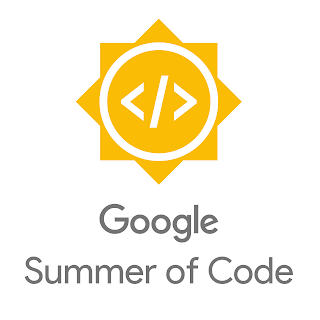GSoC Experience Series
I am proud to have been part of GSoC 2019, which was without a doubt, a motivating experience that gives strength to continue improving and working in open source. I participated with the project: New rules for the Topology Framework in gvSIG Desktop, and received mentoring by the OSGeo organization and gvSIG association. Being a part of this project has been one of the best experiences I have had—from a professional point of view and because the freedom the mentors gave me to work and the interaction with the community, allowed me to enjoy the environment while learning simultaneously. Achieving the objectives was a challenge but thanks to the motivation and support it was possible.With the project it was possible to implement a new set of topology rules for the validation and correction of vector data sets, which improve and extend the characteristics of previously existing tools in gvSIG. These tools allow browsing, searching and correcting validation errors. With the rules implementation are automated tasks, allowing to reduce errors and eliminating repetitive tasks. For more information, you can read the final report or the repository with all the documentation of the project documentation is available in English, Spanish and Italian.
What I love about this project is working on time optimization—perhaps the most precious and scarce resource—The user is allowed to focus on logic to be solved, leaving aside repetitive tasks and optimizing the use of time.
Defining rule implementation: “Must be Coincident with”
Rule “Must be Coincident with” working to find the topological errors.
It has been a great experience and I appreciate the opportunity to participate in a project with these characteristics, which also helps optimize the use of time. I encourage anyone who is interested in adding value in any area of open source to participate in GSoC, don’t hesitate due to your age.






